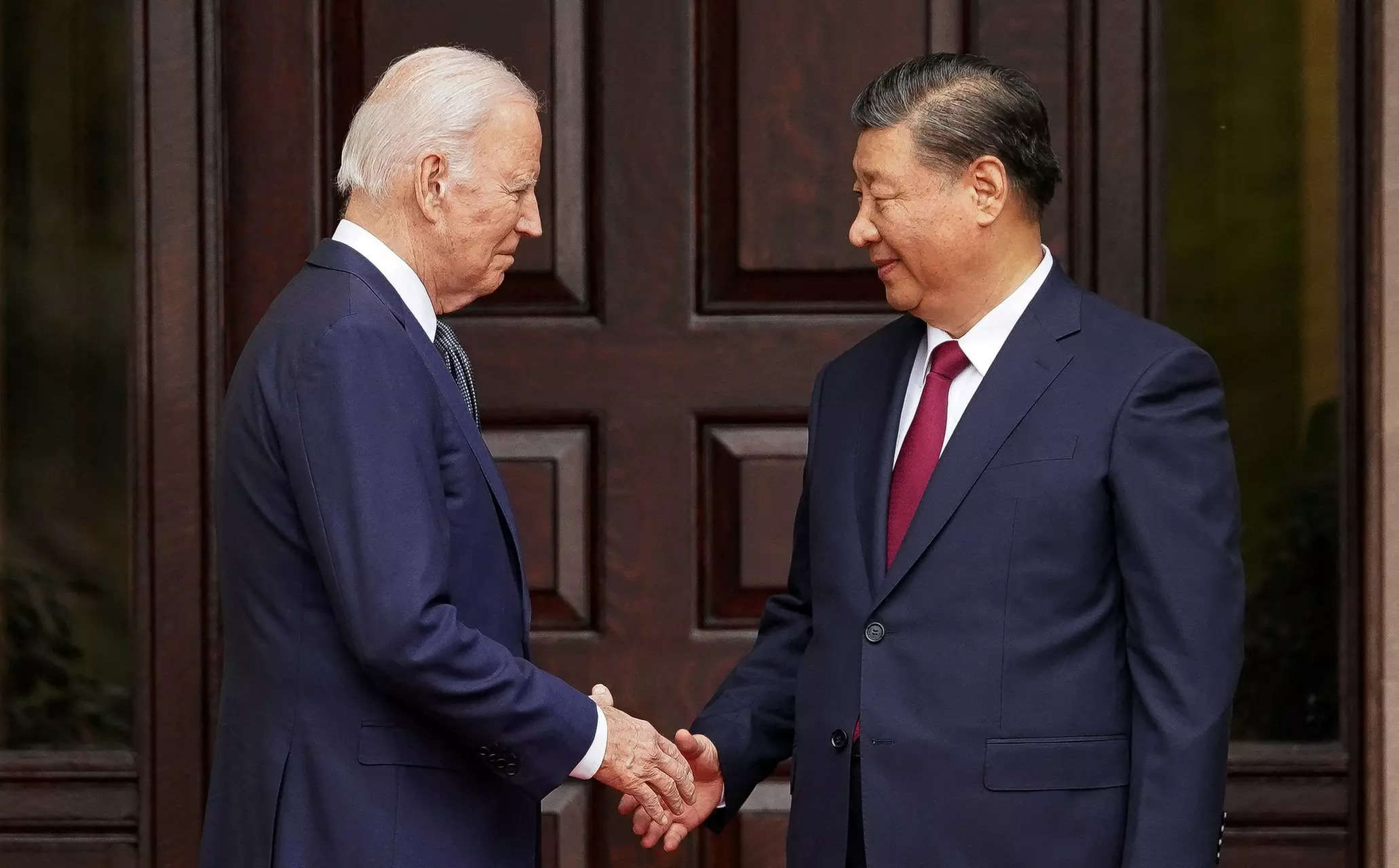"Matter Of Logistics": Israel Defends Its Efforts To Deliver Aid In Gaza
Israel defended on Thursday its efforts to deliver aid to the Gaza Strip, following sharp criticism of its handling of the humanitarian crisis unfolding inside the Hamas-run Palestinian territory.

Israel defended on Thursday its efforts to deliver aid to the Gaza Strip, following sharp criticism of its handling of the humanitarian crisis unfolding inside the Hamas-run Palestinian territory.
An Israeli siege has limited the supplies of food, water, fuel and medicines entering Gaza, where hundreds of thousands of displaced residents are massing around the southern cities of Rafah and Khan Yunis after fleeing intense combat in the north.
UN Secretary-General Antonio Guterres has warned that conditions in the territory are "deteriorating into a catastrophe with potentially irreversible implications".
Israeli NGO B'Tselem went as far as accusing Israel of "deliberately starving the population" to pressure Hamas.
Elad Goren, an officer with the Israeli defence ministry body responsible for Palestinian civilian affairs, COGAT, insisted Israel was making every effort to get aid in.
"We are trying to expand the humanitarian aid, and over 60,000 tonnes of aid have entered through Rafah. We would like the international community to increase its capabilities," he told reporters.
"We are allowing hundreds of trucks into Gaza. It's just a matter of logistics and what the UN can take and distribute inside Gaza."
The UN humanitarian office said Wednesday that Rafah was the only area "where limited aid distributions took place" due to heavy fighting around nearby Khan Yunis and restrictions on movement to areas further north.
Hamas's media office said Thursday that Gaza's north was in "a state of famine due to the drying-up of basic food products."
Goren accused the Palestinian group of "taking food from the humanitarian convoys" for its own use, "instead of giving it to the people of Gaza".
He said Israel had repaired water lines, and recently allowed a limited amount of fuel to enter, as well as new humanitarian warehouses in Rafah, field hospitals operated by Arab states, and the shipment of 6,500 tonnes of medical supplies into Gaza.
The war was triggered by Hamas's surprise October 7 attack on Israel, which killed around 1,200 people, Israeli officials say.
The ensuing Israeli campaign to destroy the group has reduced vast areas of the territory to a rubble-strewn wasteland, and the death count has soared above 16,200, according to the Hamas-run health ministry.
(Except for the headline, this story has not been edited by NDTV staff and is published from a syndicated feed.)



































![Safari Thorium Neo 8-Wheel Luggage Set Trolley Bags (Set of 3) at just Rs. 5,599 [MRP 29,100]](https://savefree.in/uploads/images/202409/image_870x580_66f63845060f0.webp?#)












![Handmade Brown Mango Wood Chopping Board At just Rs. 89 [MRP 599]](http://savefree.in/uploads/images/202303/image_870x580_641bf7e9c2206.jpg?#)


